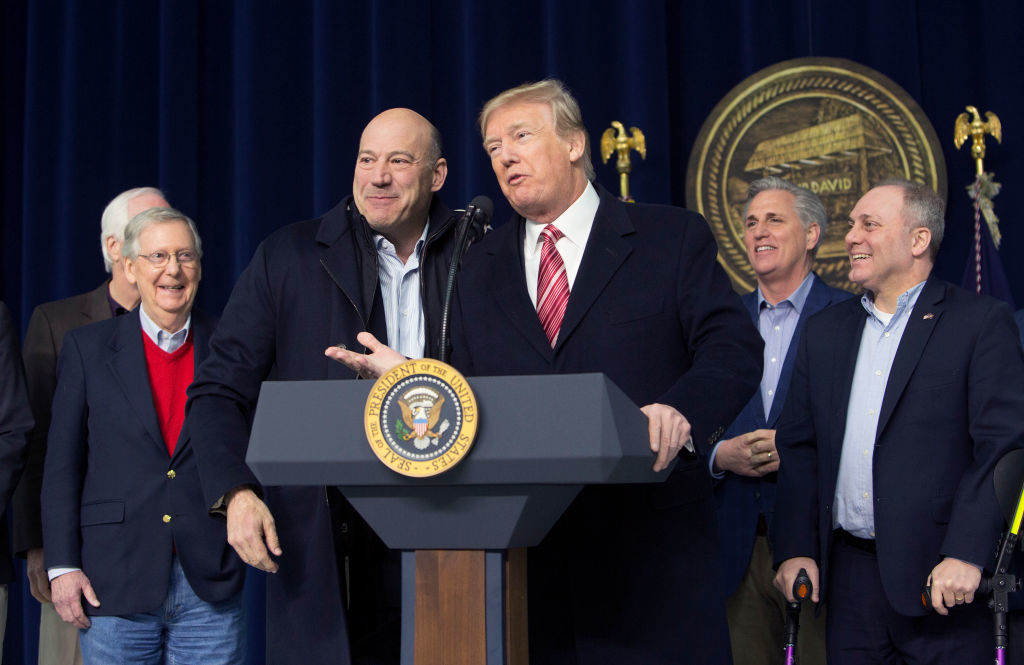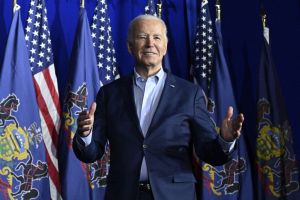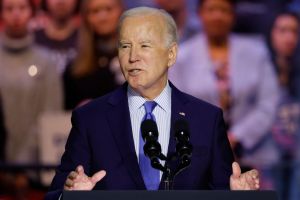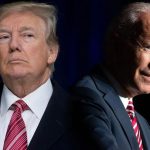A certain conventional wisdom in Washington has it that a sober triad is alone keeping the White House—and hence the country—from falling into complete chaos. (Notice I said complete.) Some wags identify the trio as “the generals”—Defense Secretary James Mattis, Chief of Staff John Kelly, and National Security Advisor H.R. McMaster—while some substitute Eagle Scout Rex Tillerson, the secretary of state, for General McMaster. It might turn out, however, that it’s a man nobody thinks of as a dutiful public servant who’s actually been staving off disaster—and he’s just left the building.
Gary Cohn announced on Tuesday he would be stepping down from the directorate of the National Economic Council. You might say that disputation didn’t drive him away, but duties did. Donald Trump’s top economic adviser stayed on after the president made controversial remarks at a press conference last summer, as Cohn stood behind him, about the deadly white nationalist rally in Charlottesville—though he tried to have his cake and eat it too by letting the press know that Trump’s “very fine people on both sides” comments made him consider resigning. A source told CNN of Cohn’s departure, “Trade was the last straw,” while the Washington Post said Cohn “was leaving the administration amid a major internal clash over President Trump’s sharp and sudden pivot toward protectionist trade policies.”
Sharp and sudden pivot”? Where has the Washington Post been for the last couple of years? Candidate Trump campaigned on protectionism; he repeated complaints about the “very bad,” “terrible,” “total disaster” trade deals his predecessors signed almost as often as he promised to “build the wall.” President Trump canceled U.S. participation in the Trans-Pacific Partnership just three days after his inauguration. It seems likely he would have withdrawn from NAFTA (the North American Free Trade Agreement) too—if not for Gary Cohn. The New York Timesreported last year that Peter Navarro, director of the White House National Trade Council, an office Trump created, tried three times to trigger the NAFTA withdrawal process, and Cohn managed to thwart him every time. Cohn might have single-handedly kept the United States from economic catastrophe. (Well, a few desperate phone calls from Ottawa also helped.) He was reportedly crucial to the president’s deregulation efforts and the tax cut bill passed by Congress, as well.
But Cohn couldn’t outmaneuver his boss. Trump last week declared he would institute import tariffs of 25 percent on steel and 10 percent on aluminum, tweeting, ‘We must protect our country and our workers. Our steel industry is in bad shape. IF YOU DON’T HAVE STEEL, YOU DON’T HAVE A COUNTRY!’ You can’t say ‘the guys at Goldman Sachs’ have ‘total control’ over the president, like candidate Trump claimed they did over rivals Ted Cruz and Hillary Clinton. Cohn gave up the lucrative presidency of the investment bank to join the administration, and he’s the second Goldman Sachs alum to leave it. Steve Bannon, the president’s former top strategist, was the first. Bannon, of course, shares the president’s anti-consumer protectionism and proved there’s no such thing as Goldman Sachs economics. Who would have predicted that the man who decamped, with a $285 million payout, from the bank that’s become a byword for being bought would be the man who did the most in this administration to help the average American? We’ll miss you, Gary Cohn.


















